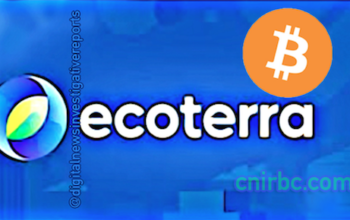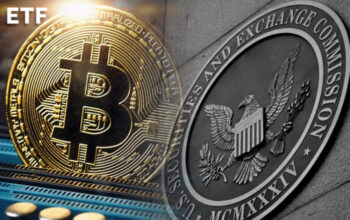Since the introduction of Blockchain Technology and Cryptocurrency, the world is steadily progressing towards an era of mobile, paperless, and cashless transactions. Technology is advancing at an unprecedented rate. We are currently on the cusp of global mass adoption of cryptocurrency. What is global mass adoption? Mass adoption means, governments around the world embracing the use of digital asset as a form of payment, or a medium of exchange.
Who owns Cryptocurrency?
Ownership of digital assets around the world have increased in the last decade. Initially, Bitcoin (BTC) was the most common token known to the public, before other tokens began to materialize. As a result, many countries around the globe have developed their own digital asset. There are Central Bank Digital Currencies (CBDC), Stable coins which are backed by the nations fiat currency or pegged to a exchange-traded commodity. This also includes decentralized tokens, which are available for purchase on an crypto exchange. According to a survey conducted on June 17, 2019, by the Moscow-based cybersecurity platform Kaspersky Lab, over 19% of the global population had purchased digital assets.
How Many Americans Own Cryptocurrency
The total number of Americans who have purchased and own cryptocurrency has nearly doubled from 7.95% in 2018 to 14.4% in 2019. A whopping increase of nearly 81% in a mere 12 months. An Australian based financial services firm called Finder, surveyed 2068 participants. The findings revealed over 36.5 million Americans own cryptocurrency and 75% percent of them owned less than a meager investment of $360.00. Although owning cryptocurrency in the United States comes with strict regulations and additional scrutiny implemented by lawmakers and regulators, Americans have embraced the technology with open arms.
The Global Governance of Crypto
When digital assets, sustainability and poverty alleviation are tied to the world’s democracy, there is a good chance of healing for the world’s troubles. If there is a global governance entity for digital currency, it will likely increase user access to the financial system through its innovative policy solutions. While government fiat currency have been the normal means of exchange, such currency can additionally become problematic if controlled by corrupt leaders. Digital currencies on the other hand, can be elusive when used by those with unlawful intentions. Hence the need for The Financial Action Task Force (FATF), a global money laundering and terrorist financial watchdog. It is hopeful that with the help of the FATF, terrorism and corruption within the Blockchain space will be minimized.
If CryptoCurrencies were the Only Medium of Exchange
Utilizing a national digital currency, sending or transferring funds and remittances would process almost instantaneously. Fees would be considerably lower, or non existent. It would change banking altogether. Banking would need a complete transformation, as commercial banking would not be needed, due to direct peer-to-peer transactions. The Federal Reserve, or Central Banks would need to develop a framework that allows them to work directly with the general public. Another advantage of cryptocurrency is connecting the unbanked with mobile banking services. In locations where banking is difficult to reach, cryptocurrency works as a bridge in connecting banking services to those who are unable to travel.
The Issue of Privacy
It is crucial to the general public that privacy is key to assure customers that their demographic information is secure and hack proof. Protection of digital identity is paramount and until we have the assurance of security, there will be always be skepticism. Nevertheless, blockchain technology and digital assets will eventually become the norm and have it’s place in our way of life.
Written By F. Roberts, CNIR Staff



